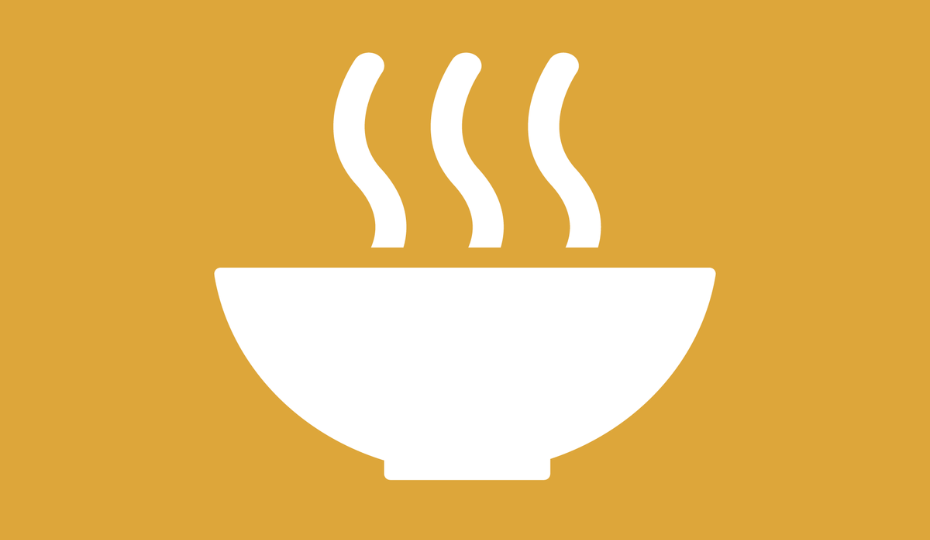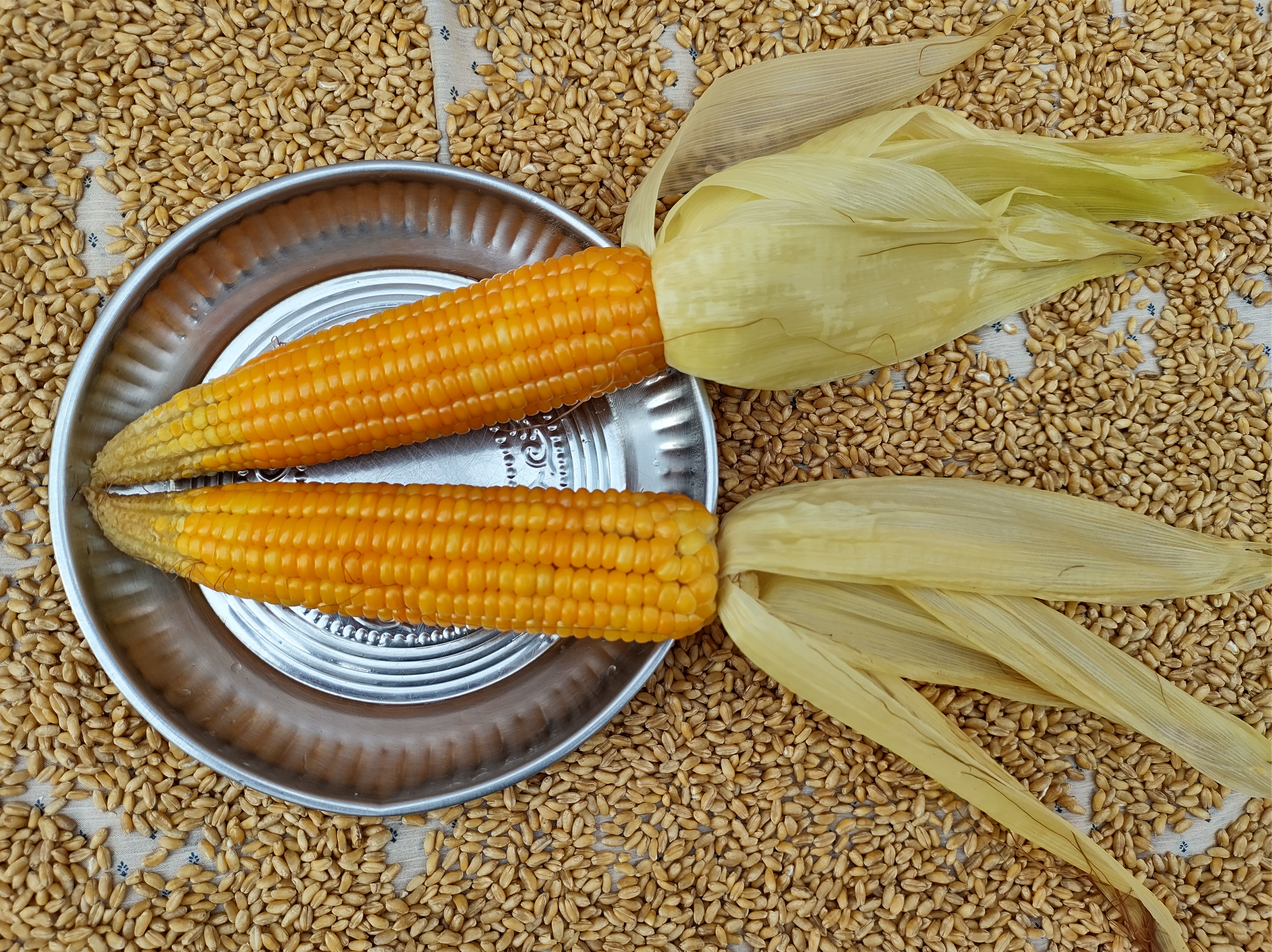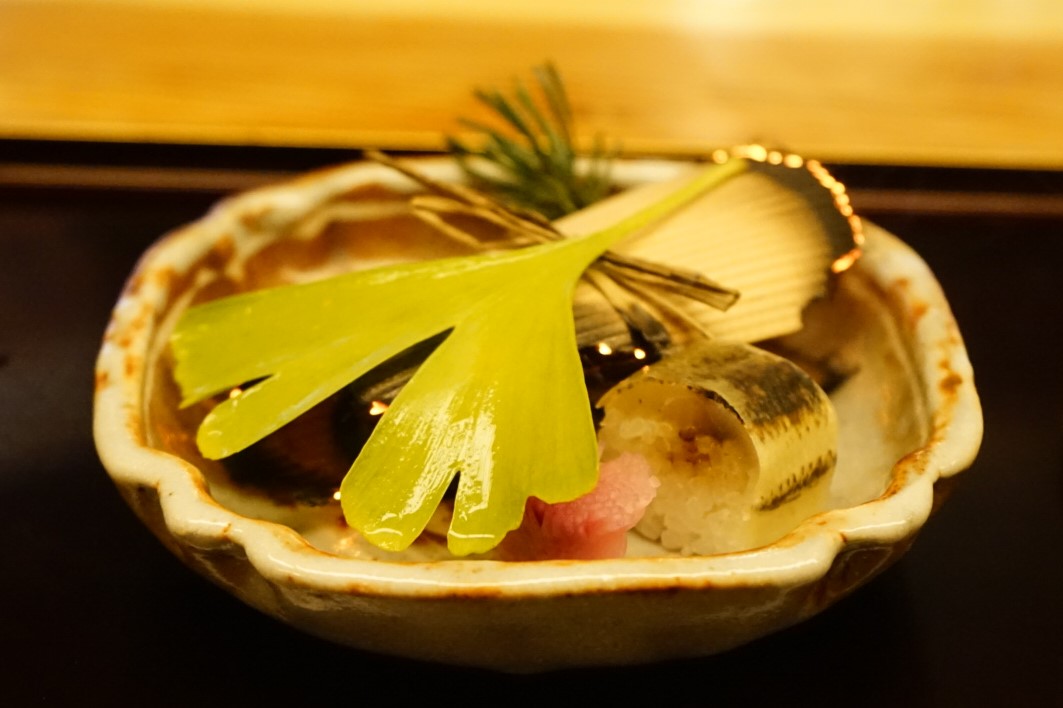Examples of our actions towards SDG 2 Zero Hunger
At Durham any food waste is collected for anaerobic digestion and converted to energy by our nominated waste contractor. We adopted the principles of the waste hierarchy: prevention, preparing for re-use, recycling, other recovery and disposal.
Research
Education
Wider Student Experience
Living the Values
Global
Local and Regional
Governance and Policy
Free Breakfast Club
Surplus Food Initiative
To support the wider-university’s cost of living and environmental initiatives, we have partnered with the Too Good To Go app. Food waste is a big problem the Too Good To Go app lets you rescue unsold food from an untimely fate at your favourite spots.
More examples of our work towards SDG 2
Food Waste Tracking
Durham University is committed to reducing food waste across the institution. University members can minimise their waste through various actions, including following the guidelines in our Sustainable Food Policy for event catering.
Between 2017/18 and 2022/23, Durham University produced an average of approximately 266.8 tonnes of food waste per year, underscoring food waste management as a critical part of our environmental objectives. In 2022/23 the total cumulative amount of food waste came to approximately 250.5 metric tonnes.
Commencing from the 2022/23 academic year, Durham University partners with the Too Good to Go scheme which offers liver out healthy, balanced meals that would otherwise go to waste for a reduced price of £2. The Too Good to Go app, which has been rates one of the 7 best food waste apps for more sustainable eating habits by The Independent, is the fastest growing start-up in terms of downloads, according to the Retail Technology Innovation Hub.
Table 3 - Emissions and waste | HESA (search by HE provider: durham)
Healthy and affordable food choices
Sustainable Food
Durham University is proud to have implemented initiatives across recent years to deliver environmentally sustainable food options at the University. These include:
- Use of the local produce, from local suppliers where possible.
- Free tap water made available across the University campus including the use of water dispensers.
- Minimisation of plastic to help reduce single use plastic across the University.
- Healthy, affordable food choices at our retail, and college catering outlets which include vegetarian and vegan food options.
- Menus with variety, balance and reflection of the Food Standard Agency’s ‘Eat Well Guide’, therefore enabling students, staff and visitors to choose a healthy, varied and balanced diet.
- Student-catered package caters, where practicable, for all individual dietary requirements.
Catering Options - Durham University
Staff hunger interventions
Durham University’s Employee Assistance Programme continues to support its staff through times of hardship, especially noting the recent cost of living crisis endured throughout the country.
Research has shown that money worries negatively affect work, performance and overall wellbeing. If any staff member thinks they have a problem, then they are encouraged to seek a helping hand through support available from services that can be accessed from Durham University and charities that specialise in debt, financial planning and the Durham Foodbank, who are there to help local people during times of hunger-related hardship.
Access to food security knowledge
Durham University is actively engaged in addressing the food security challenge through extensive engagement, collaborative programmes and research efforts.
Cross-discipline researchers are working together in areas such as sustainable agriculture, aquaculture, food waste, and the social dimensions of food security. For example, the Durham Centre for Crop Improvement Technology has established a crop transformation and gene editing facility that has developed transformation procedures for wheat, rice and barley.
Sharing food security knowledge at local, regional, national, and global perspectives remains paramount to ensuring sustainable food security is at the forefront of our minds.
Meanwhile, the Durham spin-out FITOvol is developing innovative solutions for crop diagnostics, including establishing the first purposely built crop diagnostic knowledge hub.
We’re also part of the multidisciplinary UK Innovate funded Insectrial Revolution project which aims to advance the capabilities of the UK insect farming sector. Technological, processing advancements, and academic research within this project seek to use food waste to produce high-quality protein for animal feed, and to understand the value of insect rearing residues as novel biofertilisers.
Global food insecurity - Durham University
Seminar Series - Durham University
RURAL event - Durham University
Durham Centre for Crop Improvement Technology - Durham University
Working with Zimbabwean farmers to rebuild soils - Durham University
Events for local farmers and food producers /University access to local farmers and food producers
Durham University’s Durham Centre for Crop Improvement Technology (DCCIT) performs groundbreaking plant science research and pioneering technologies for crop improvement and protection.
The Durham Centre for Crop Improvement Technology (DCCIT) has a multidisciplinary research focus that integrates state of the art knowhow in plant genetics, cell biology and biochemistry with expertise in chemistry, physics and mathematics. Our aim is to build upon our groundbreaking fundamental plant science research to develop pioneering technologies for crop improvement and protection. DCCIT engages with major Agritechnology industry partners to deliver these innovations to the Agriculture sector. DCCIT is co-ordinated by two Co-Directors, and activities are managed collaboratively by more than 20 full members.
Encouraging and fostering local, regional, national, and global partnerships, with access to our estates and facilities available for local producers, academic researchers, and industrial partnerships remaining a cornerstone of the DCCIT research strategy.
Durham Centre for Crop Improvement Technology - Durham University
Why soils, why now? - Durham University
STFC Food Network | Durham University
![]()


/prod01/prodbucket01/media/durham-university/about-us/environmental-social-and-economic-sustainability/Environment-Banner.png)









